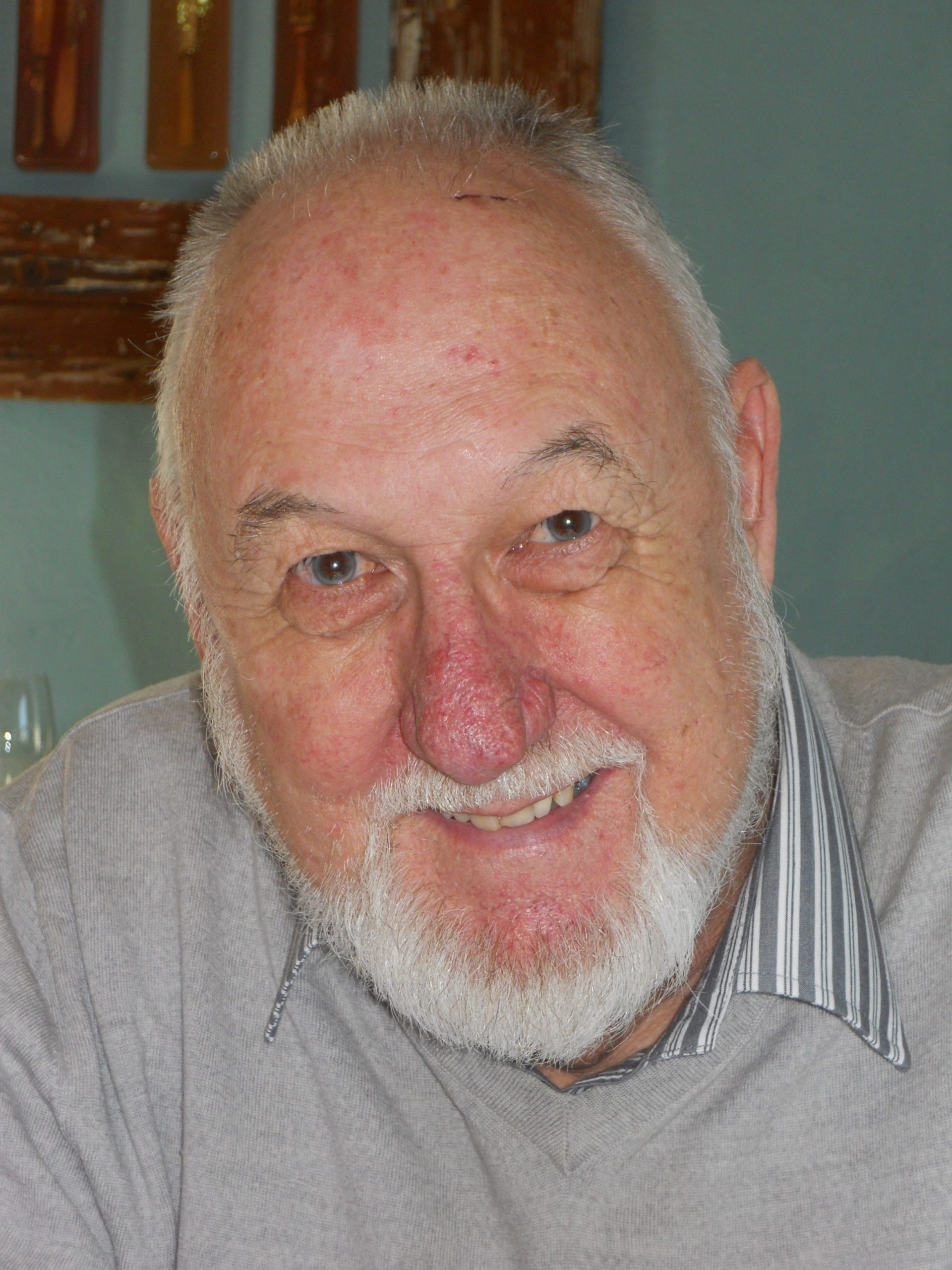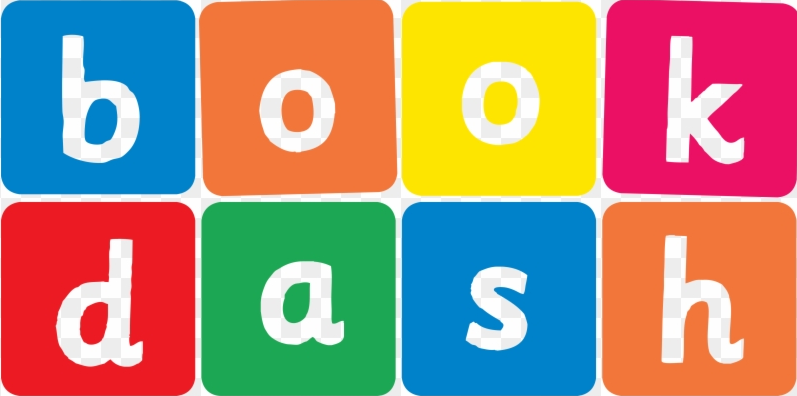This article on homework and reading appeared first in the Cape Times – but is as relevant here as part of our occasional series on reading matters.
Research conducted by the publisher Pearson last year indicated that children under eleven in UK spend three times as long browsing the web and watching TV than reading. That would seem to indicate that the majority of children in the survey had access to a computer, a television and books. Hold that in your mind for a while.
Another news item to come from the northern hemisphere was that newly elected French President François Hollande was against homework being set in French schools. The Times columnist Camilla Cavendish came out on his side, apparently worried that homework might harm the parent-child relationship. What if the parent does the homework instead of the child?
Well, parents have been doing their children’s homework for years. Might even be helpful and teach the parents something.
But Camilla then came out with this incredible statement: ‘In any case, the biggest single factor in school success is reading for pleasure, a pleasure that our children – given so much homework – are increasingly denied.’
Let’s say that again. The biggest single factor in school success is reading for pleasure. But the Pearson research indicates strongly that, if given more spare time by less homework, computers and TV watching would fill the gap rather than reading. All that, of course, concerns children in England where there are books a-plenty and still a few people who believe in the value of reading for pleasure.
Now look at South Africa. There may not be statistics relating to how much reading happens in SA homes. What we do know is that around 80% of our schools do not have a functioning school library. And that masses of schools don’t have the required textbooks, let alone reading books.
Jay Heale is Book Editr for this website, edits his own website – www.bookchat.co.za – and writes about children’s books for the Cape Times newspaper.
In this country the weekend starts at 3 pm on Friday. There are eight beginning and end of term days each year (instead of the six in England) to disrupt teaching, plus a multiplicity of public holidays. That doesn’t leave much time left for actual school teaching. So of course homework is set. Those students lucky enough to be near a public library dive in straight after school to use the reference books that they don’t have in the classroom.
I was a teacher for twenty-six years and parents complained every year that I set too much homework. Let me explain my thinking. All children work and learn at different speeds. So to try and cover all the learning required during school time is indulgent to some and unfair to others. Set it for homework, and the child can take the time required. Also, set such work as learning a poem or writing an essay, and the parents can’t do the work for him or her.
I used to lecture each new set of parents. ‘Please don’t help with homework. Let your child make mistakes. That way I know clearly what he or she doesn’t understand. If he scores one mark out of ten on a test, your task as a parent is to praise him for the one question he got right. It is my task as a teacher to deal with the other nine problems.’
Tasks such as learning spelling are best done out of school where, hopefully, there may be a bit of peace and quiet when the child can concentrate; the same with writing an essay. You need time to chew the end of your pencil and look out of the window while you’re thinking. Ask any author.
So my answer to the homework question, here in South Africa, is quite straightforward. Do the explaining at school, plus a few examples worked through in class. Then each child works alone at a regular, though not too long, section of homework. Children need to learn to work on their own. It breeds independence. Then, to fill that aching gap in this country of sufficient reading for pleasure, set aside time during school hours when each child has to read.
I read once in a teacher’s autobiography how he said to his class, ‘For the first ten minutes of each day you have a choice. You can do nothing – or you can read.’ His students became avid readers.
South African children don’t read at home because so often there aren’t any books – or enough light to read by. They don’t read at school because their teachers never read either. It’s a lose-lose situation.
I have said the same thing to many school audiences around South Africa over many years. ‘For most of your time in school, your teachers choose for you what you are going to learn, what you are going to think about. When you go into a library, you choose what you are going to read and what you are going to think about. It’s your brain. You have the right to think your own thoughts.’
If schools can’t have libraries, then every classroom should have a collection of books. Every teacher should encourage young people to read and give them time to do so. That’s more important in the long term than any homework.
Jay Heale is Book Editor for Children’s Book Network, edits his own Bookchat – www.bookchat.co.za and writes for the Cape Times newspaper on children’s books.







